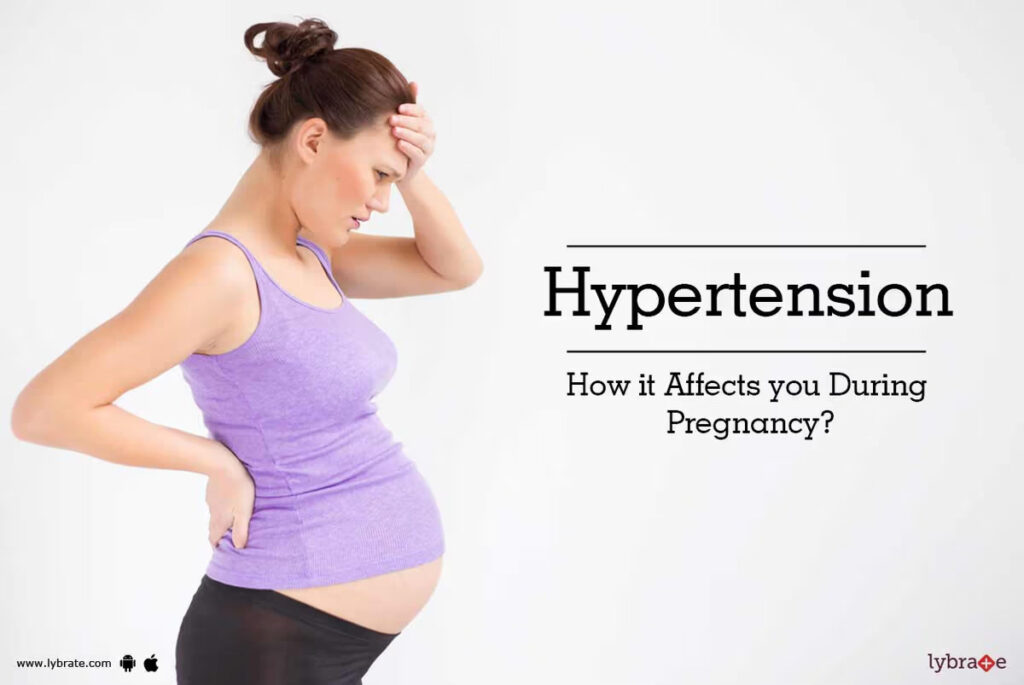High blood pressure, or hypertension, during pregnancy is a serious health condition that needs attention and proper management. It can affect both the mother and her unborn baby if not properly addressed. While it is a concern, with timely care and regular monitoring, most women with this condition deliver healthy babies.
Types of High Blood Pressure in Pregnancy
There are different types of high blood pressure that may occur during pregnancy:
- Gestational Hypertension: This develops after the 20th week of pregnancy and typically goes away after childbirth.
- Chronic Hypertension: This refers to high blood pressure that was present before pregnancy or appears before 20 weeks.
- Preeclampsia: A more serious condition where high blood pressure is accompanied by signs of organ damage, often affecting the kidneys and liver.
If not treated, preeclampsia can lead to serious complications, including early delivery, low birth weight, or in severe cases, risk to the lives of both mother and baby.
Recognizing Symptoms of Preeclampsia
Some early signs to watch for include:
- Constant headaches
- Blurred vision or other vision problems
- Swelling in the face and hands
- Sudden or rapid weight gain
However, many pregnant women may not show clear signs. This is why regular prenatal checkups, including blood pressure and urine tests, are essential to detect any changes early.
Who Is More Likely to Develop High Blood Pressure in Pregnancy?
Some women are at a higher risk than others. These risk factors include:
- Being overweight
- A previous pregnancy affected by high blood pressure or preeclampsia
- Carrying more than one baby (twins, triplets, etc.)
- Existing medical conditions such as diabetes or kidney problems
- Age over 35
- Family history of hypertension
Understanding these risk factors can help expectant mothers and healthcare providers take appropriate steps to monitor and manage the condition.
Managing High Blood Pressure Safely
Treatment depends on the severity and type of hypertension. Doctors may recommend:
- A balanced diet with limited salt
- Safe physical activity as advised
- Proper hydration and sufficient rest
In some cases, medications may be prescribed to control blood pressure. It is very important for pregnant women not to take any medicine without medical guidance. Following the doctor’s recommendations can help maintain healthy blood pressure levels and ensure proper blood flow to the baby.
Final Thoughts
With the right medical support and lifestyle adjustments, high blood pressure in pregnancy can be managed effectively. Early diagnosis and consistent care make a significant difference in outcomes for both mother and child. It is always important to attend all prenatal appointments, follow medical advice closely, and communicate any unusual symptoms to your doctor.
Important Note: Before making any significant changes to your health, it is always advisable to consult with your doctor or healthcare professional. They can offer personalized guidance based on your medical history and current health condition.
For any health-related concerns, please contact us at +91-9058577992 to receive a free consultation from our experienced doctors. Your health is our top priority. Thank you.


